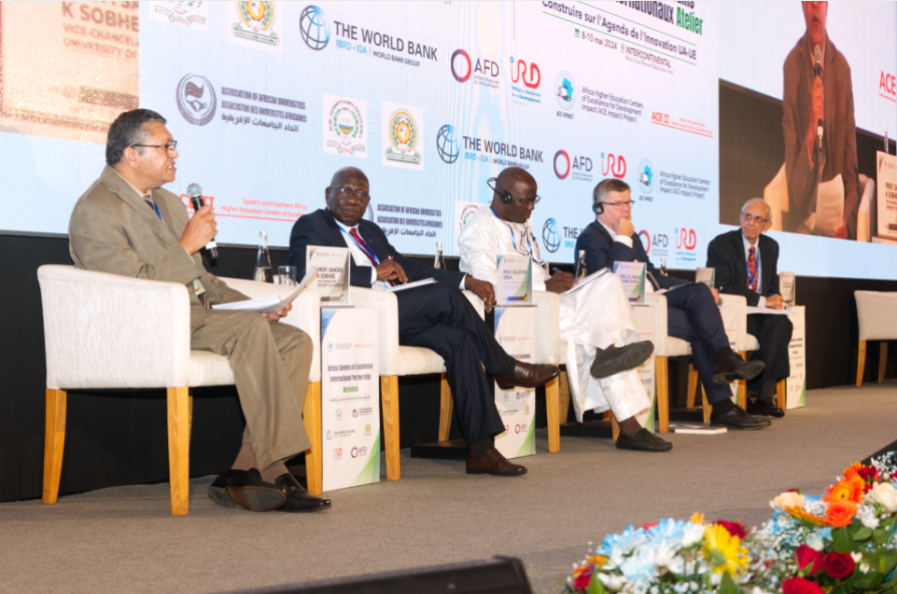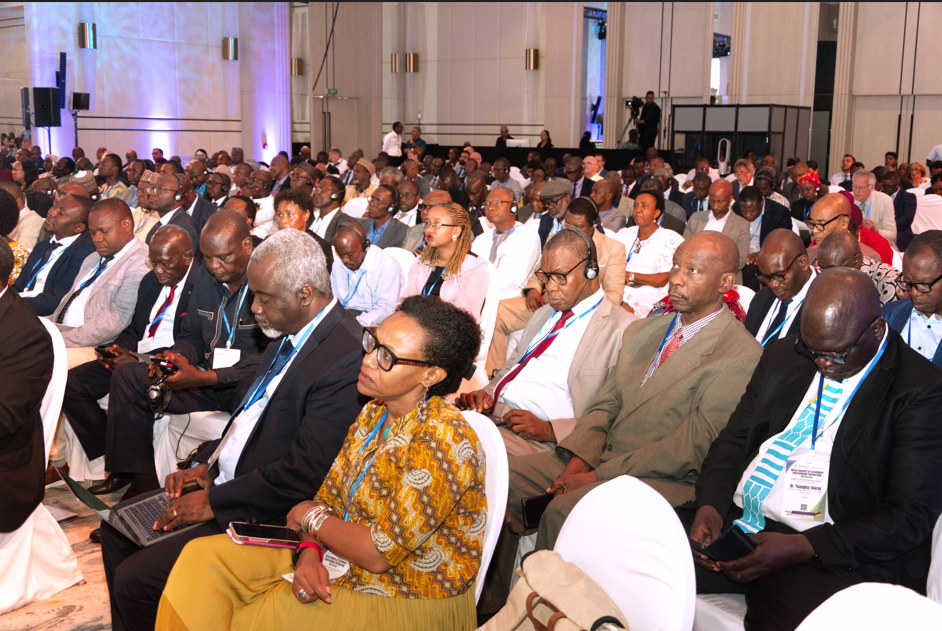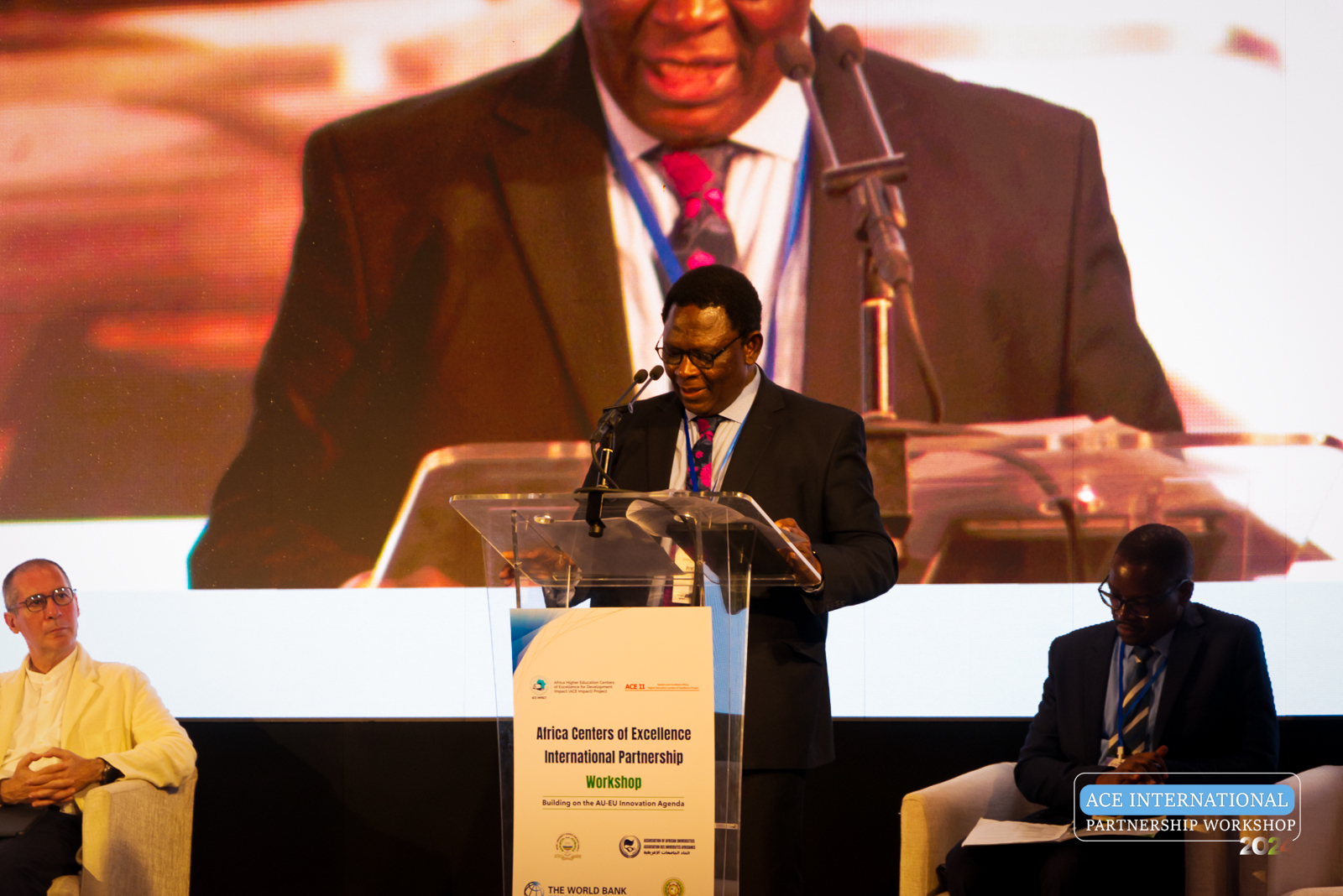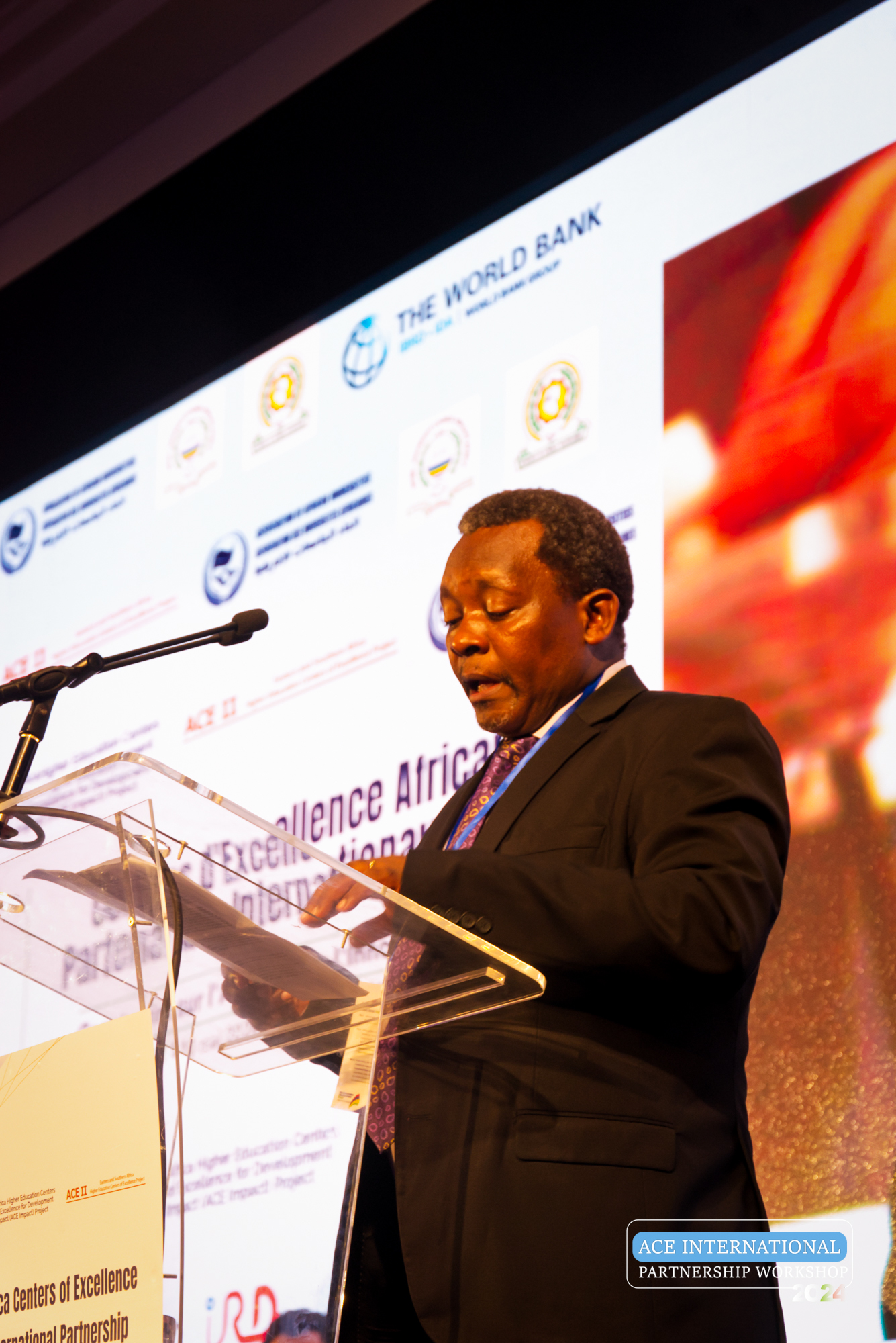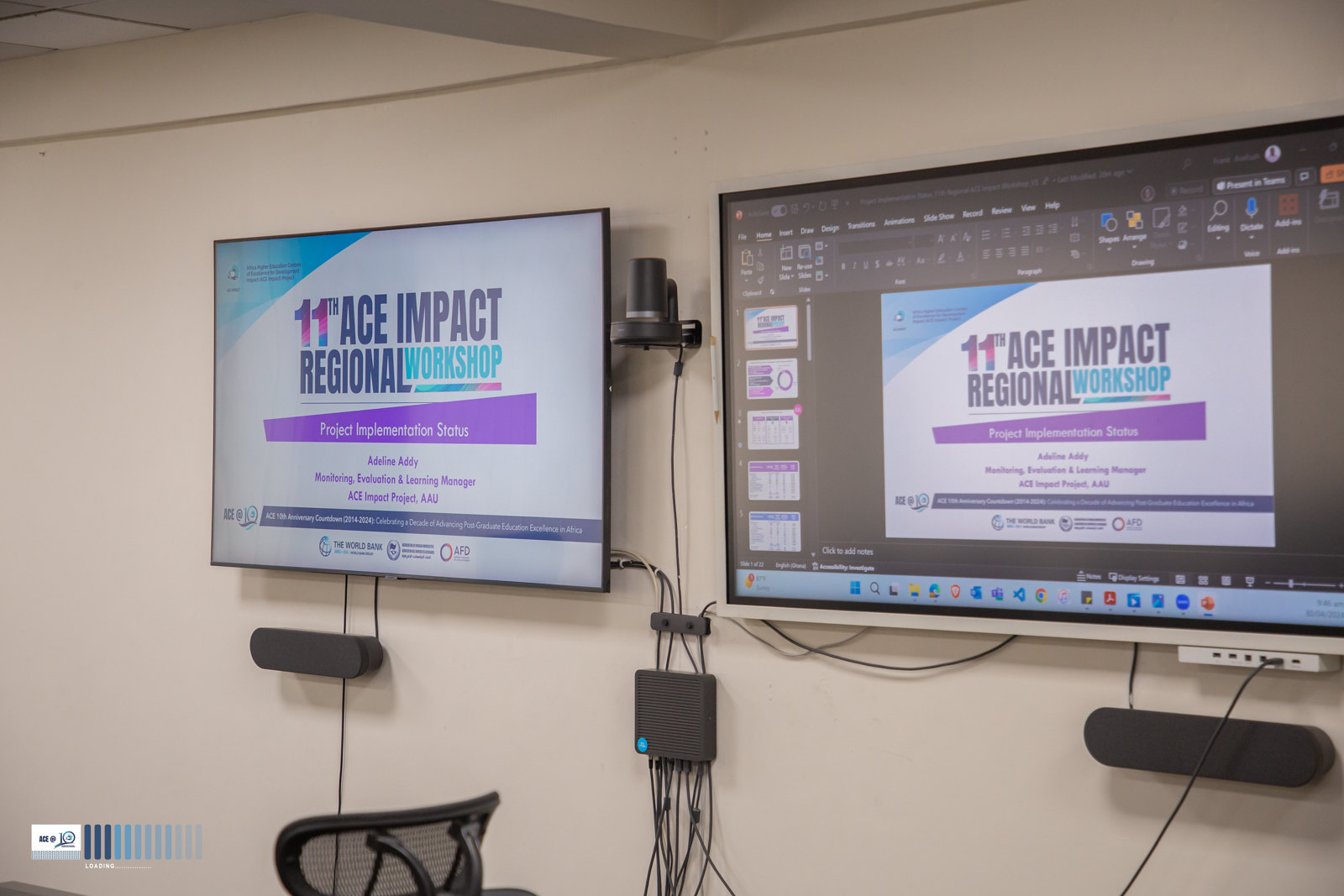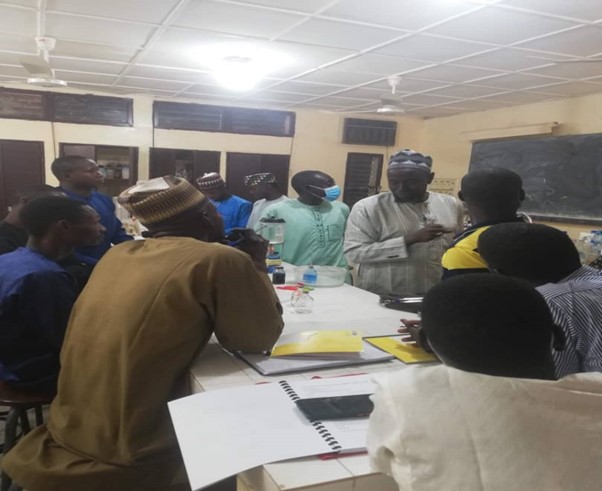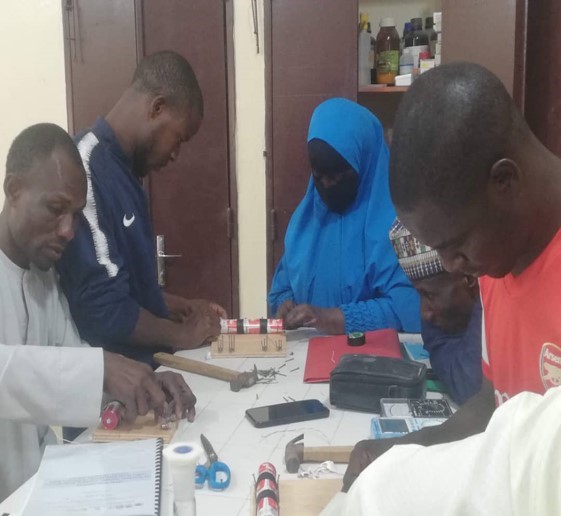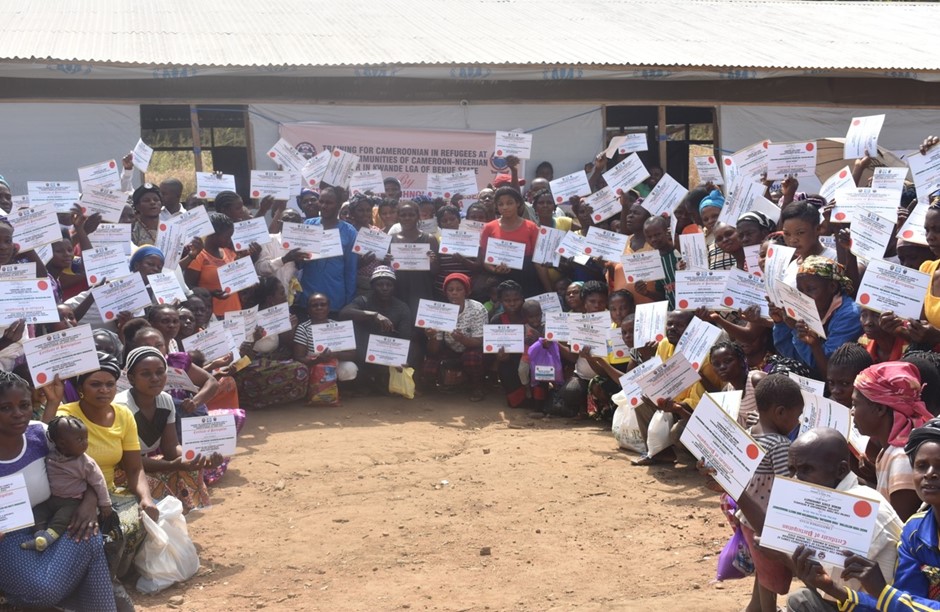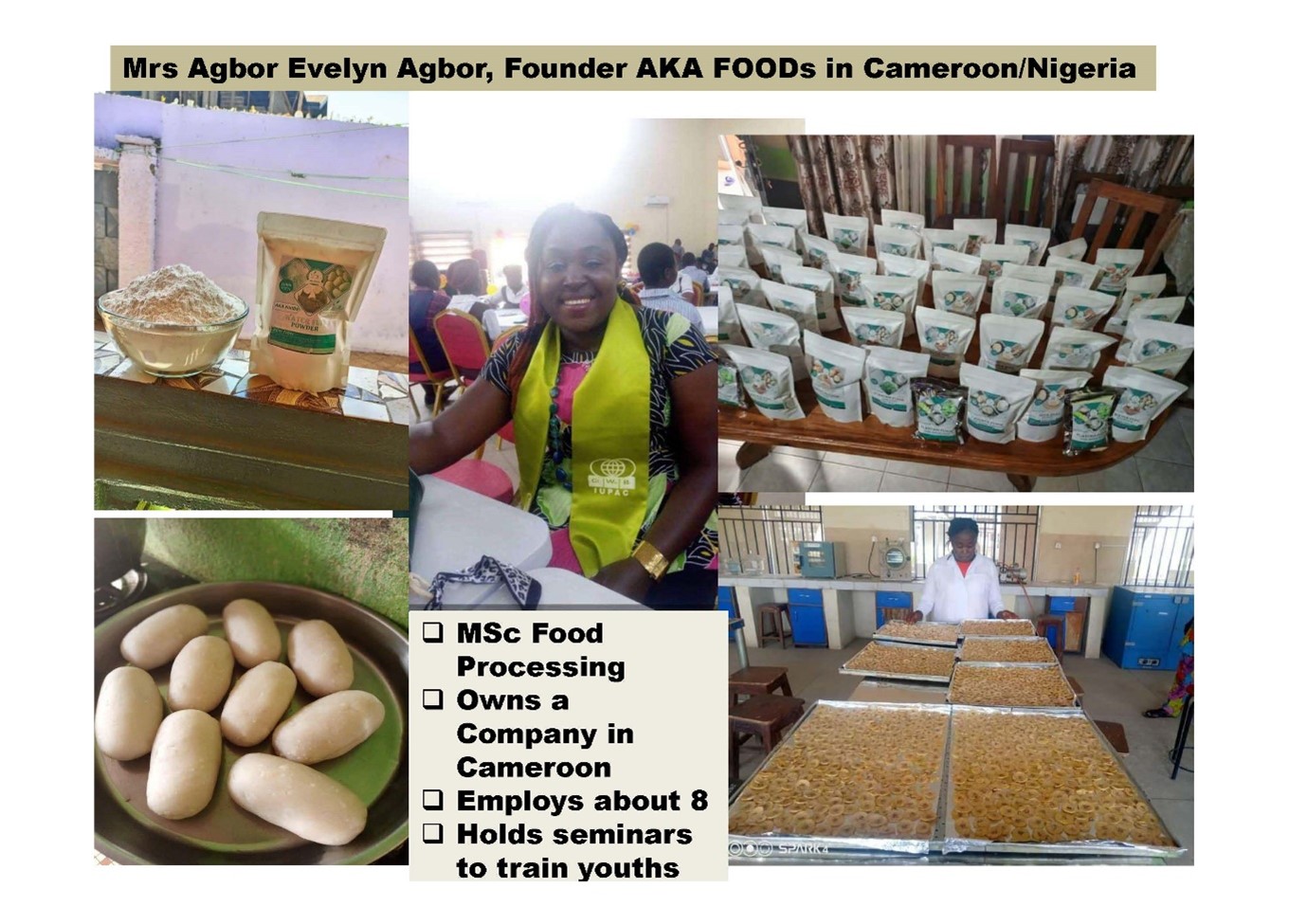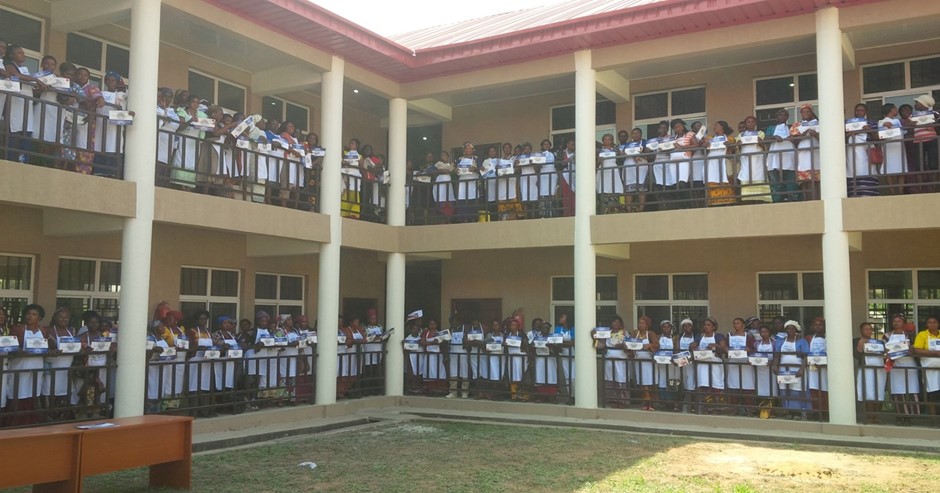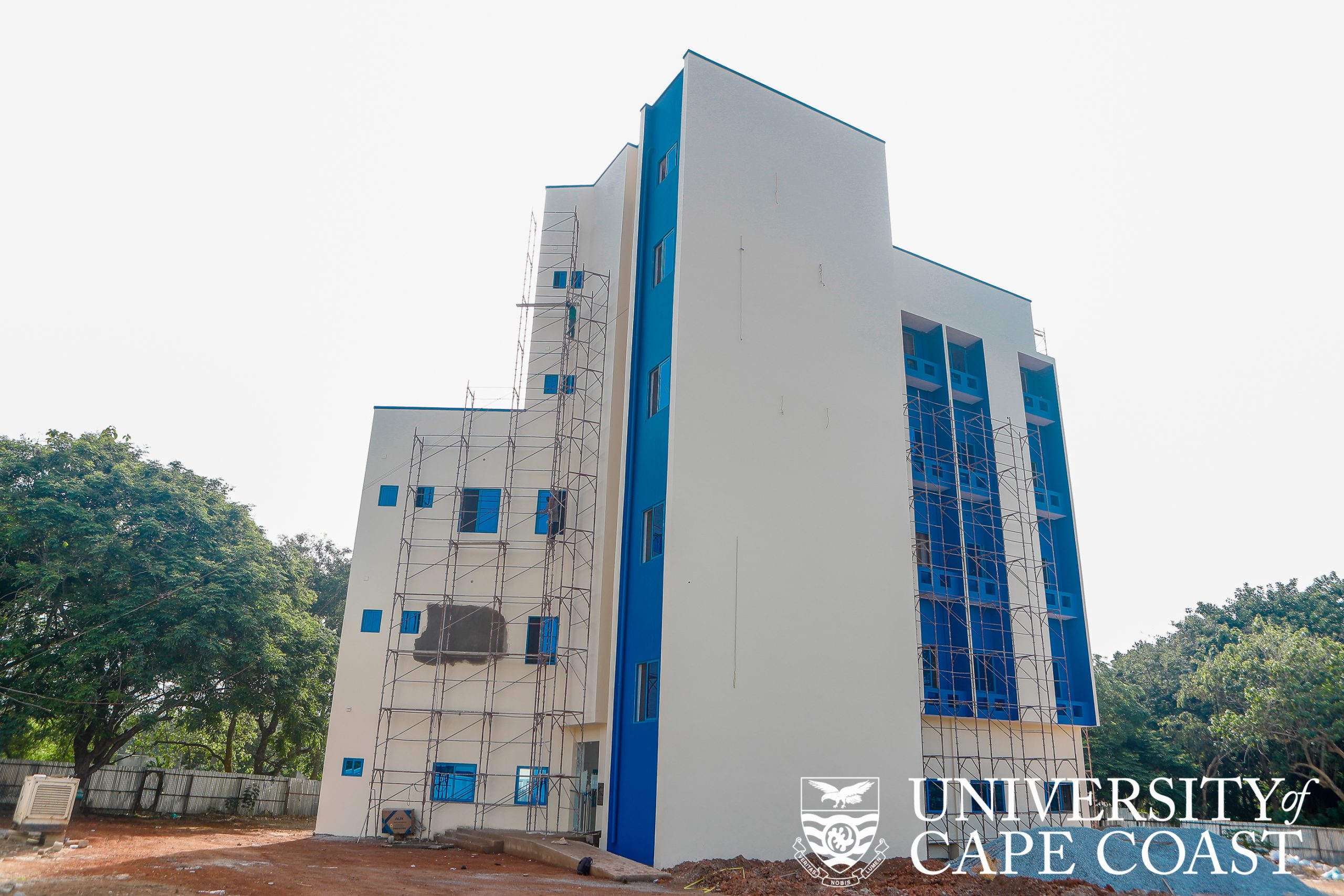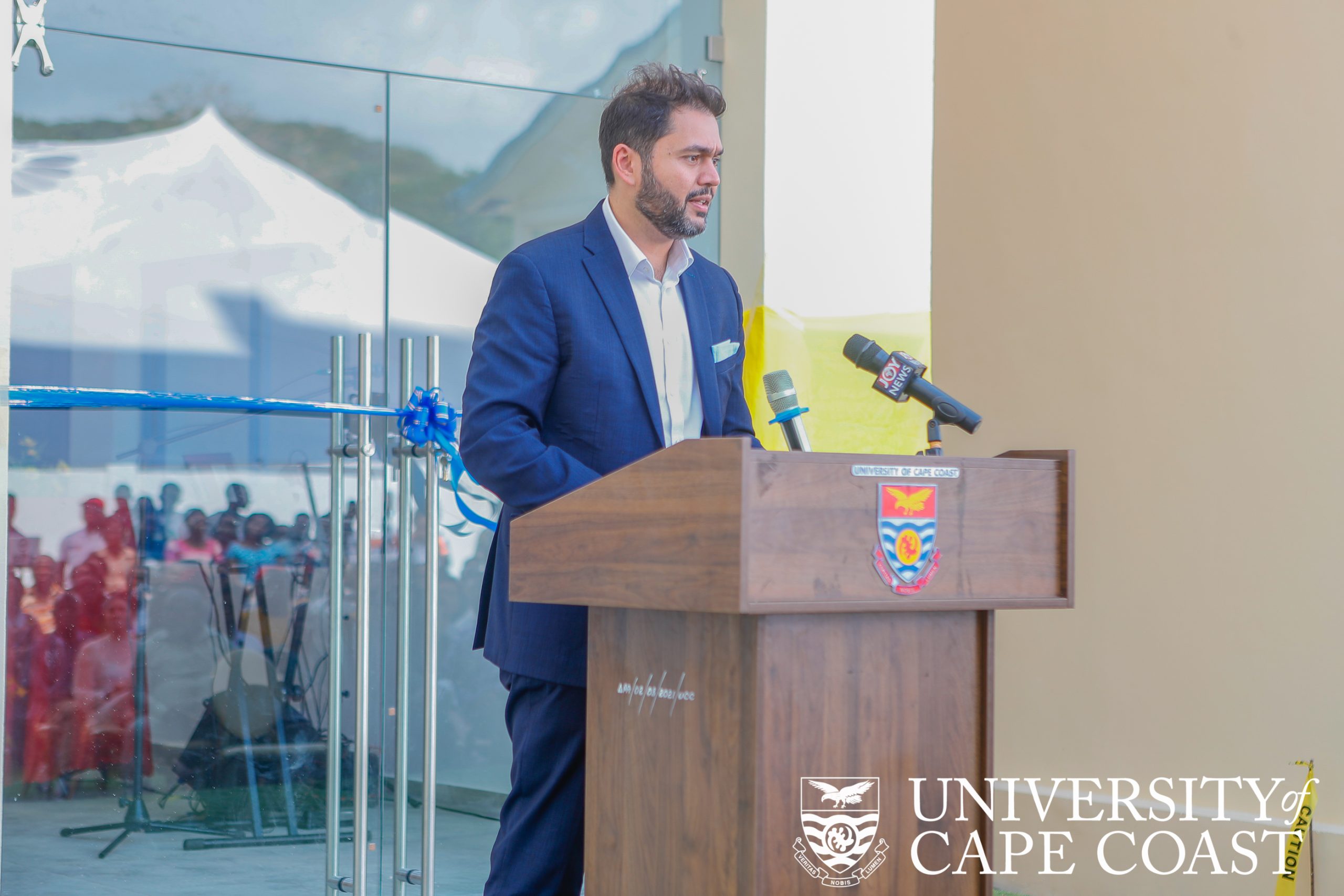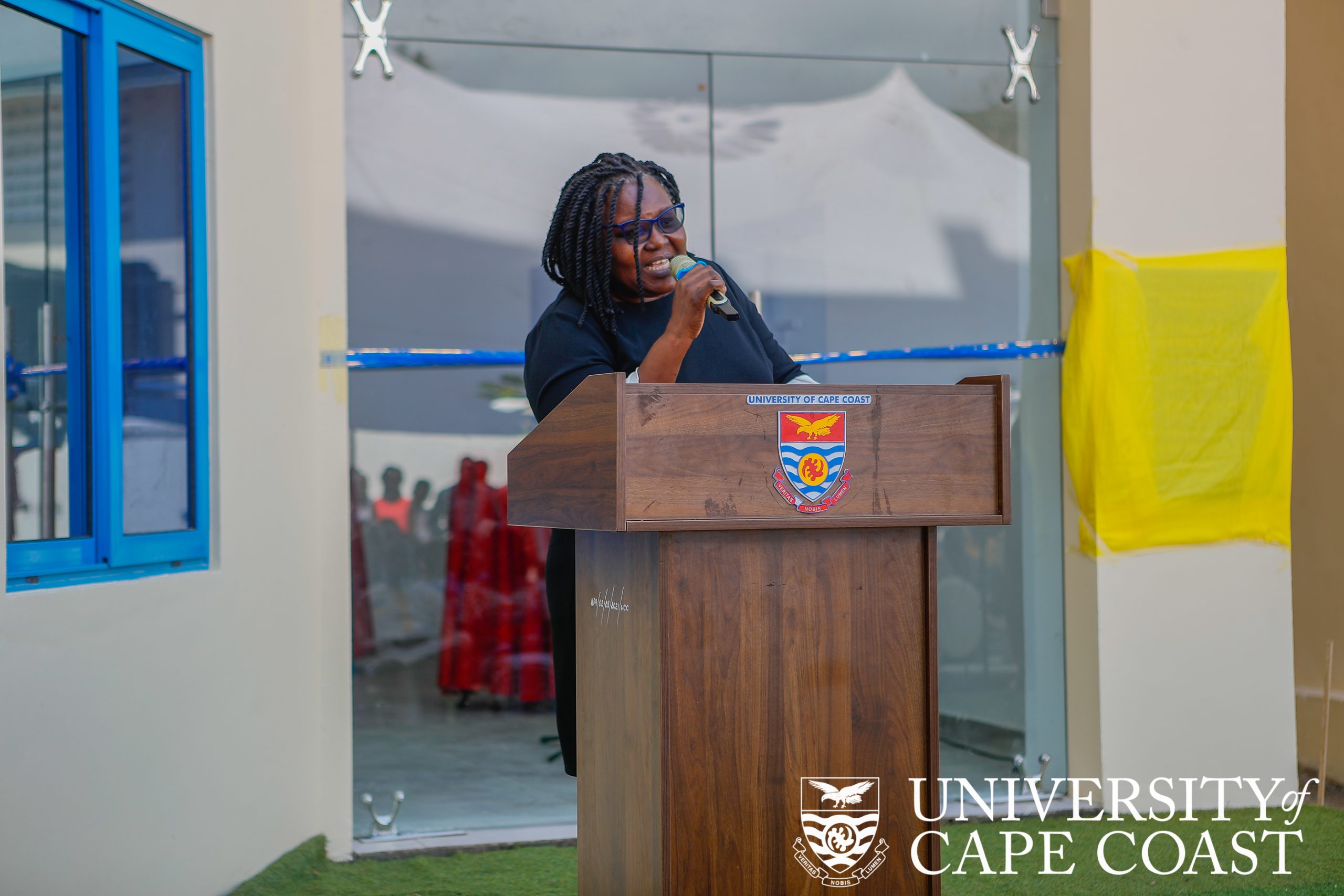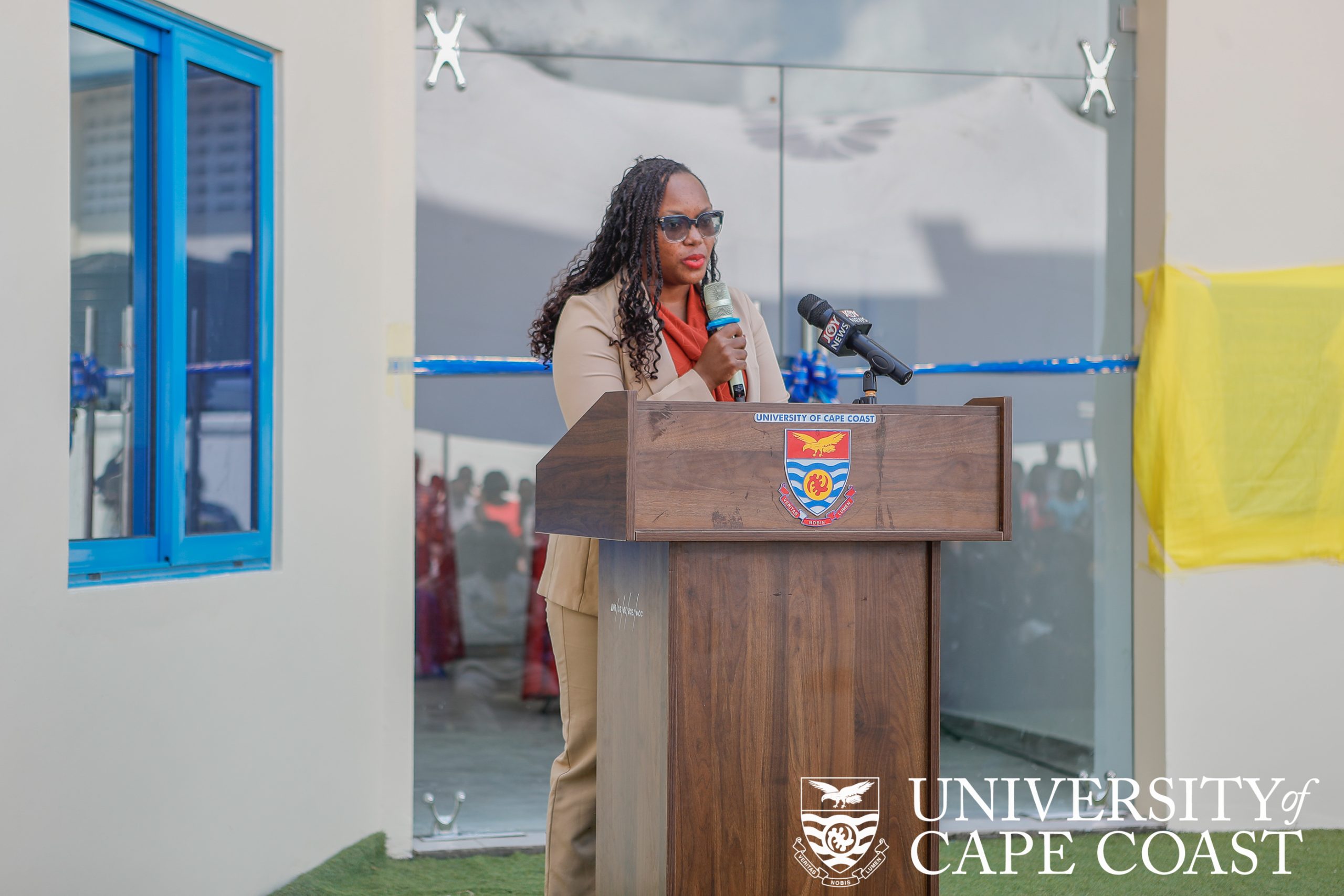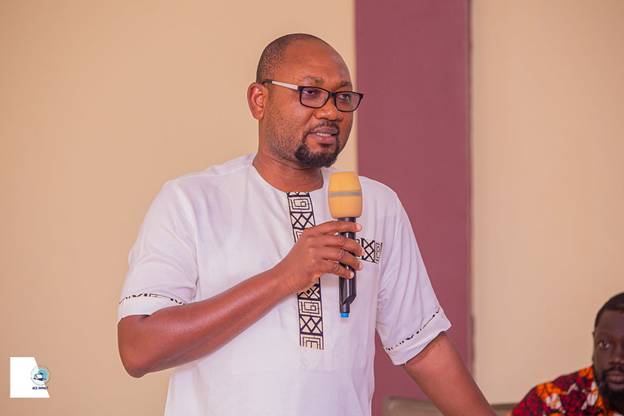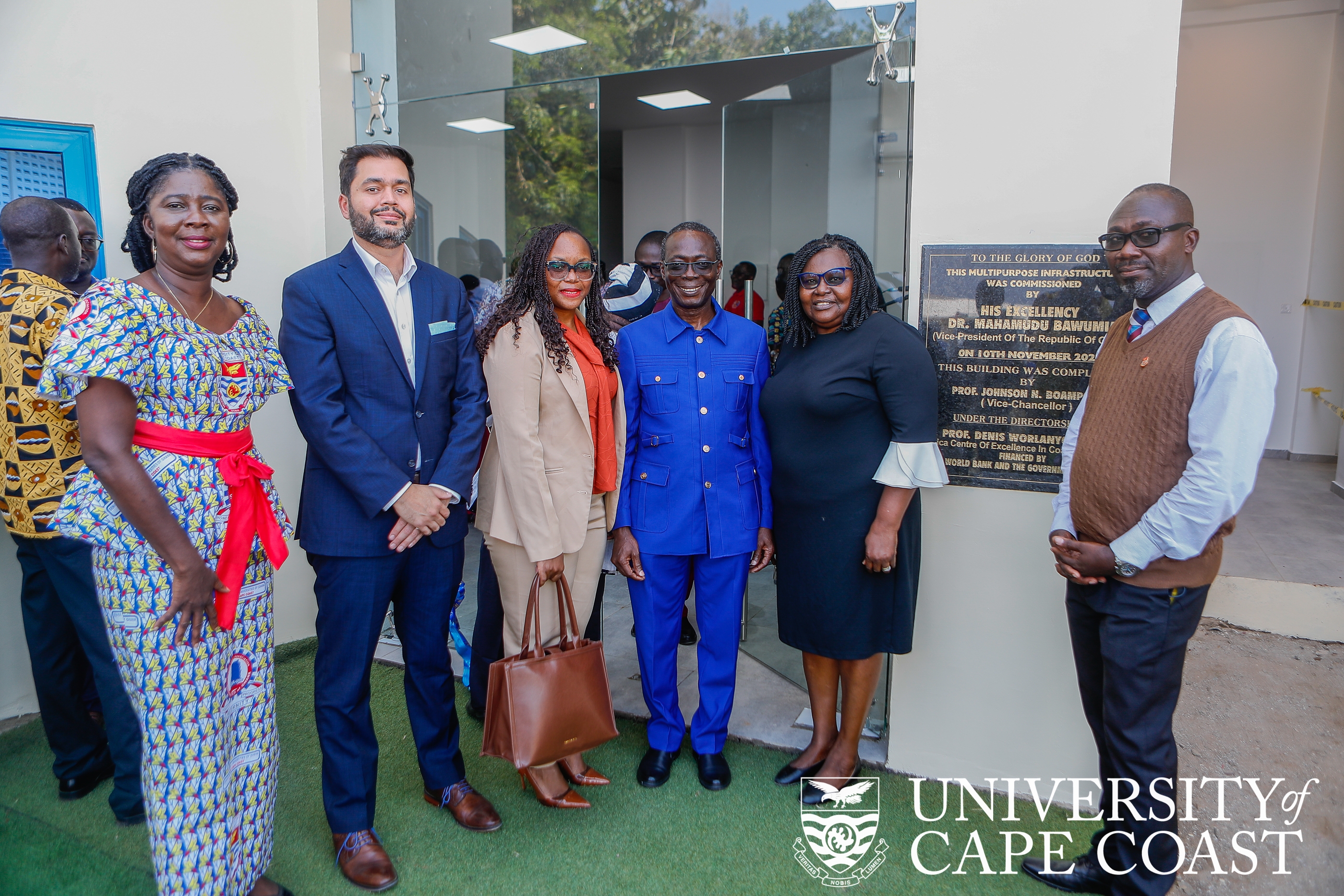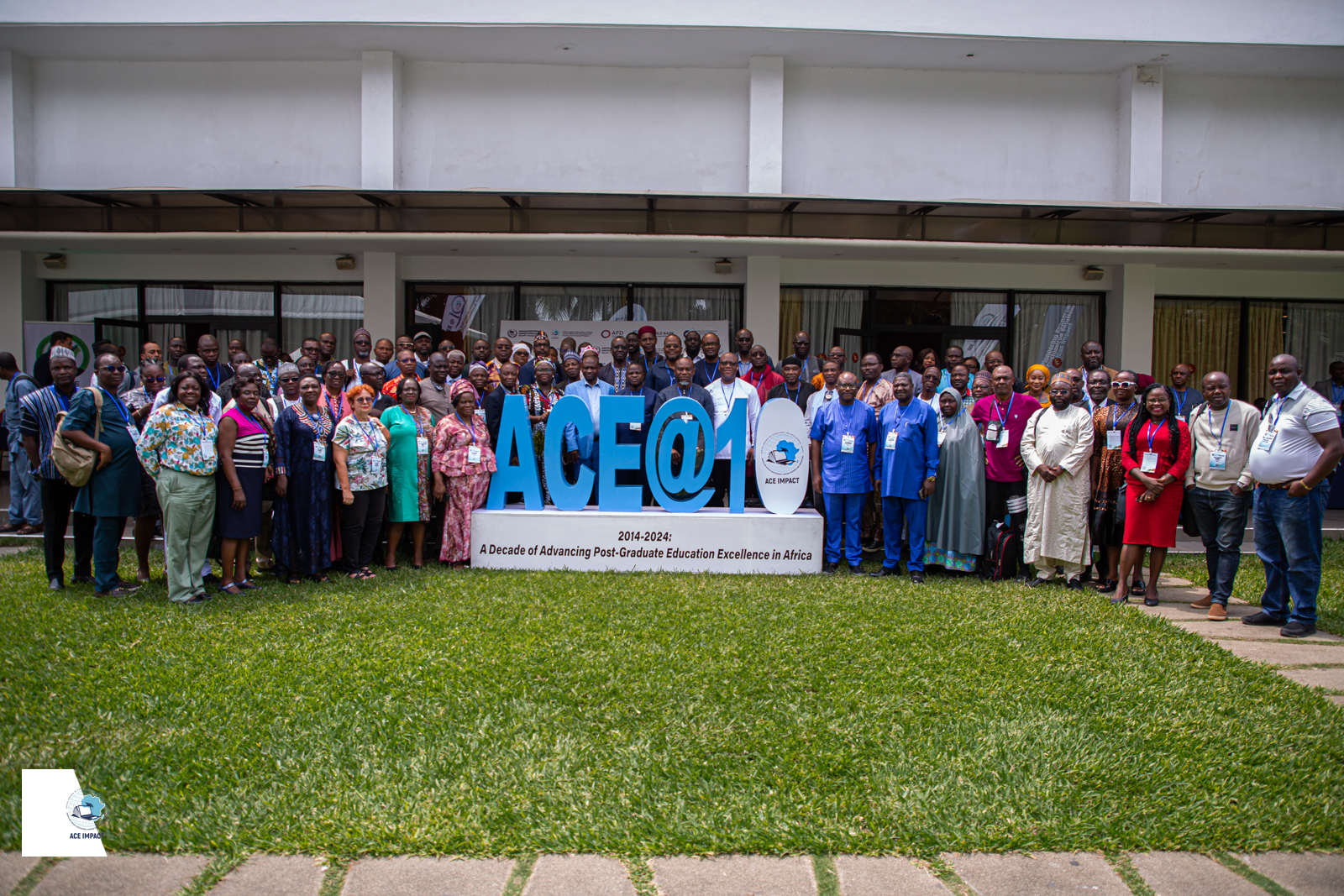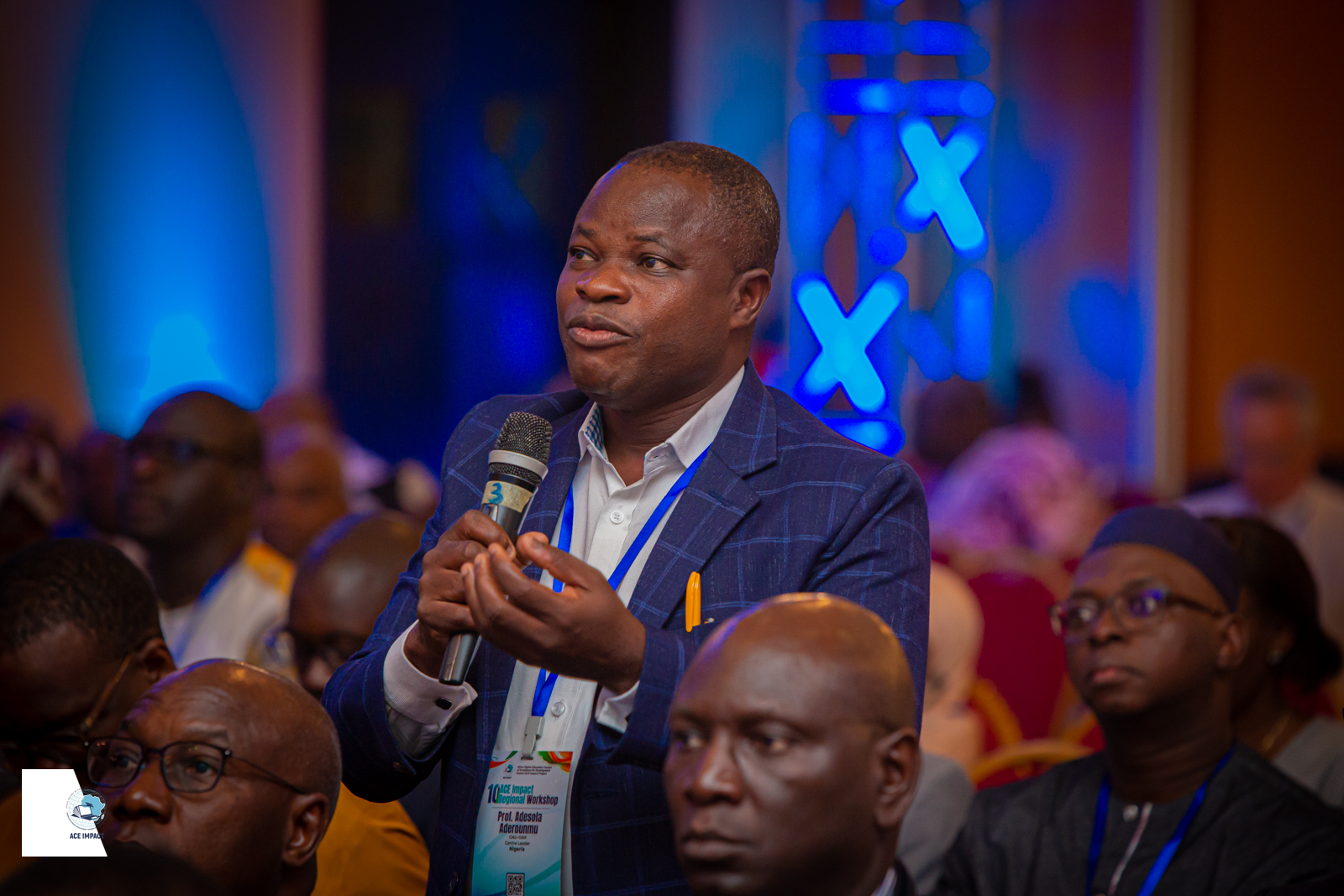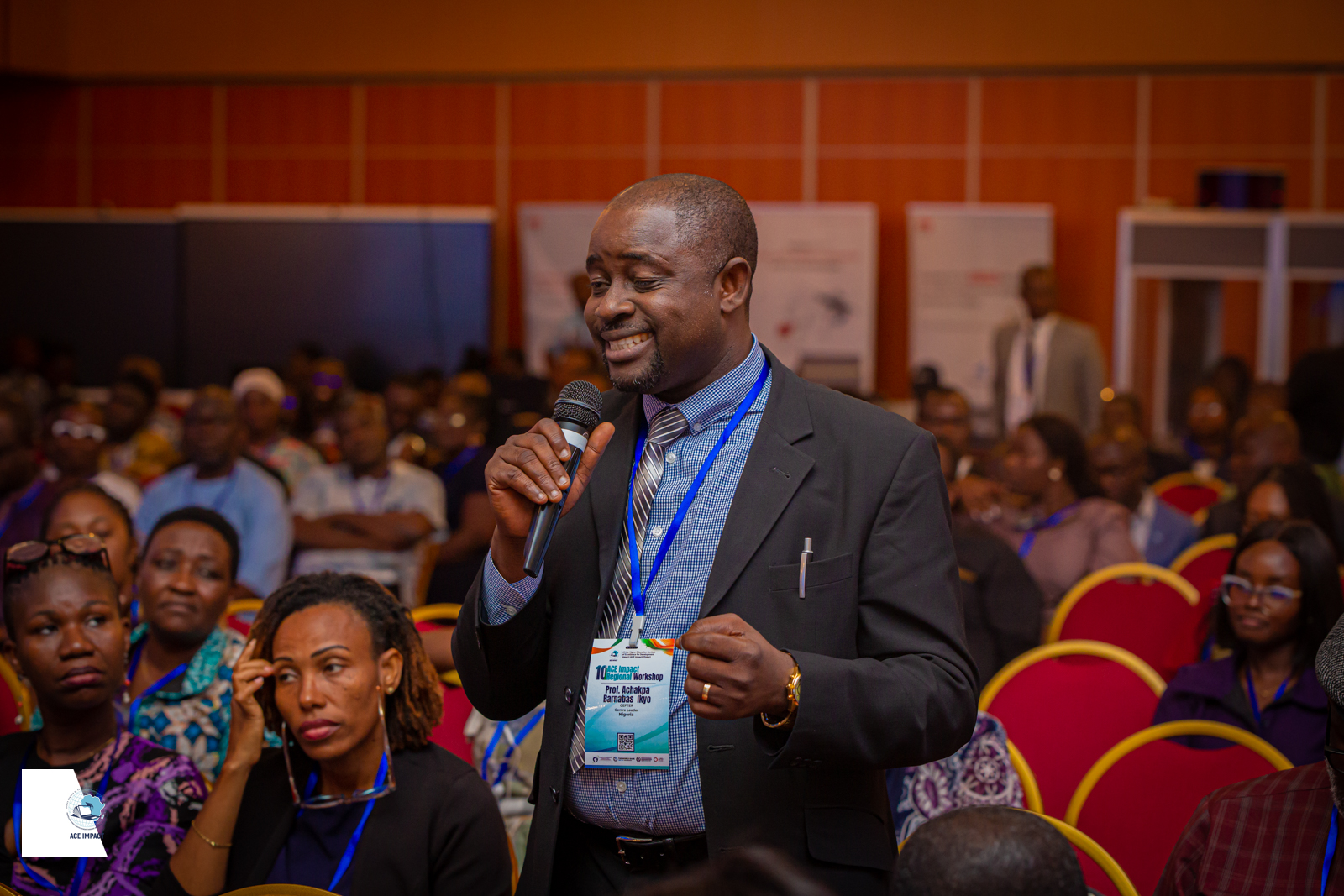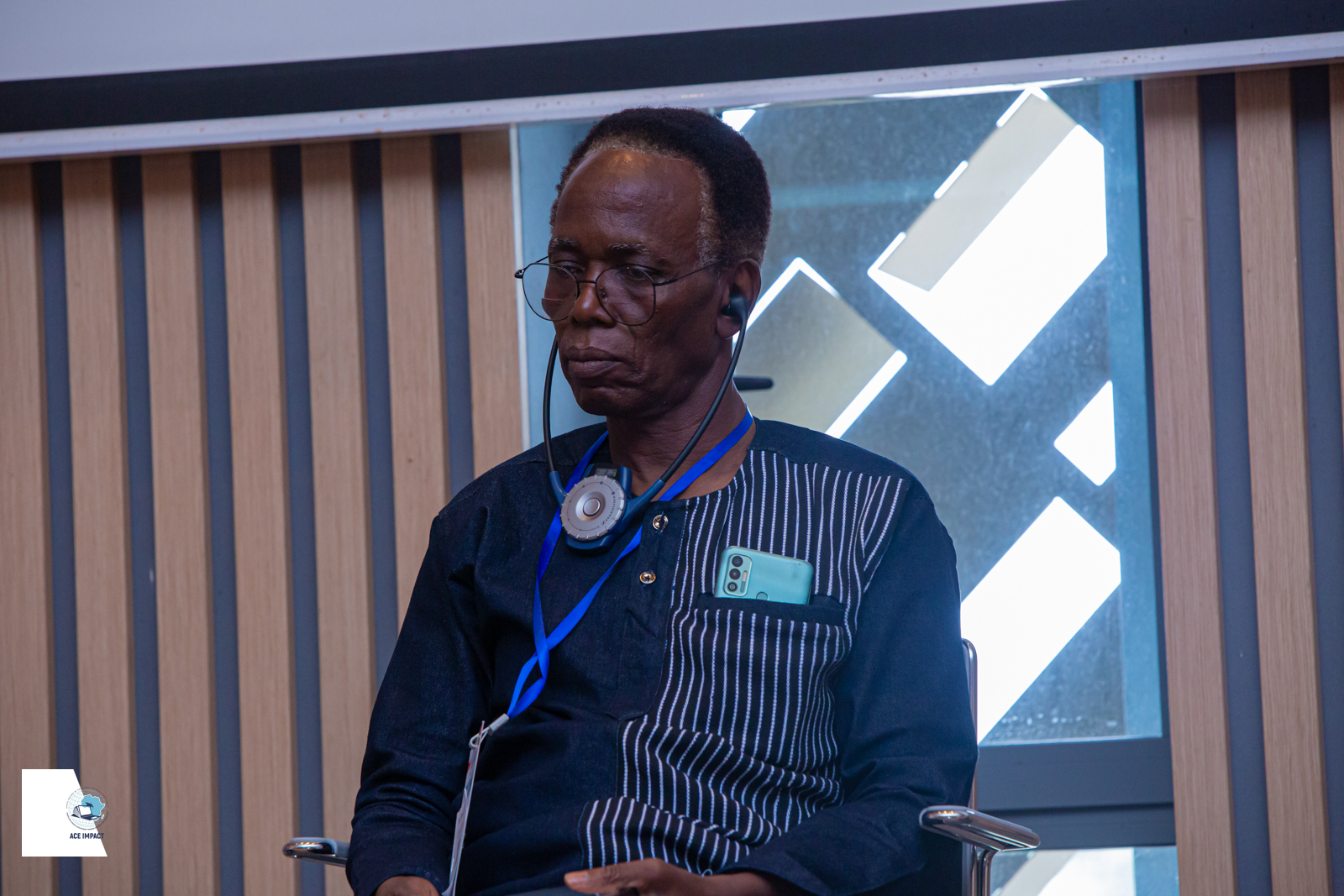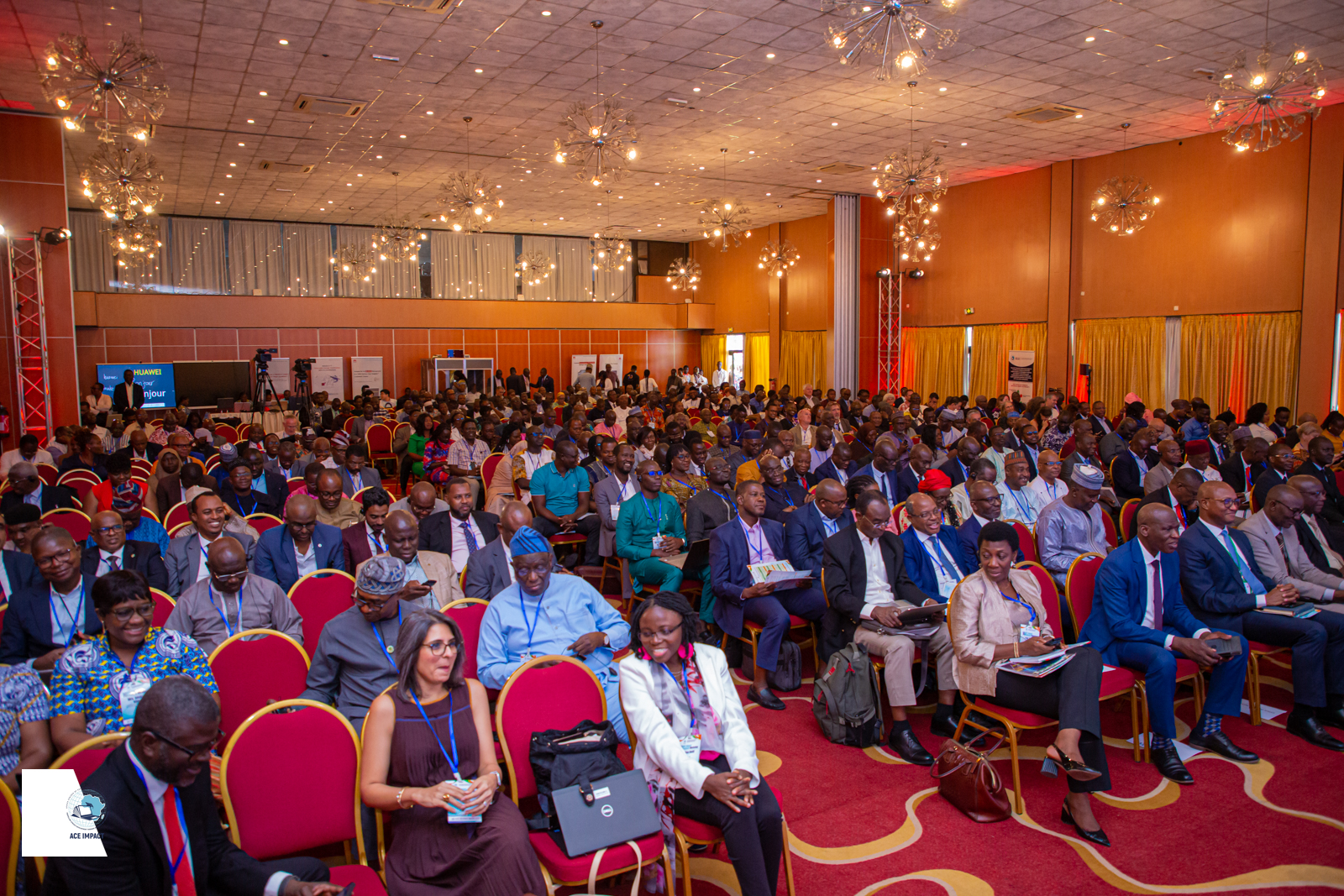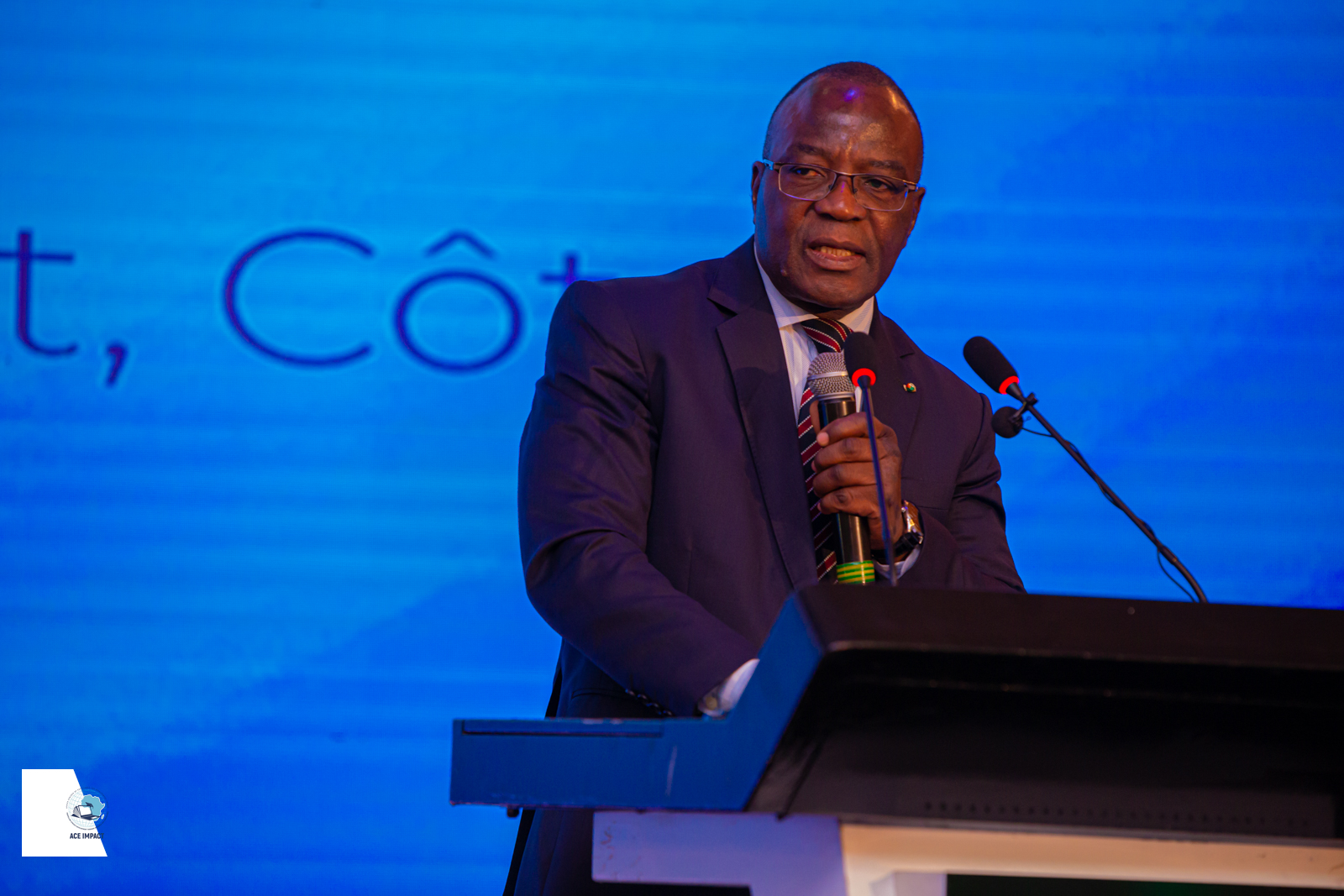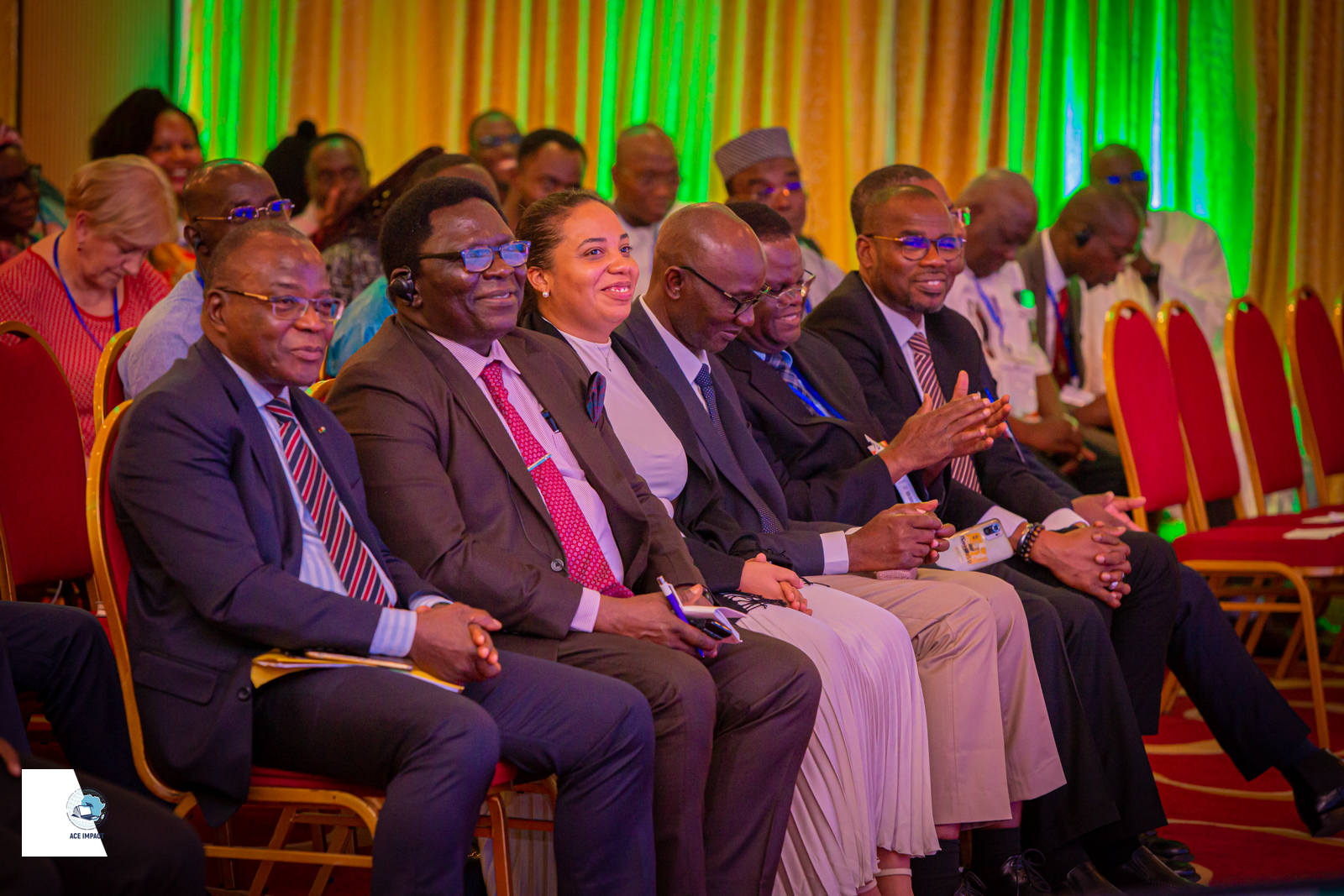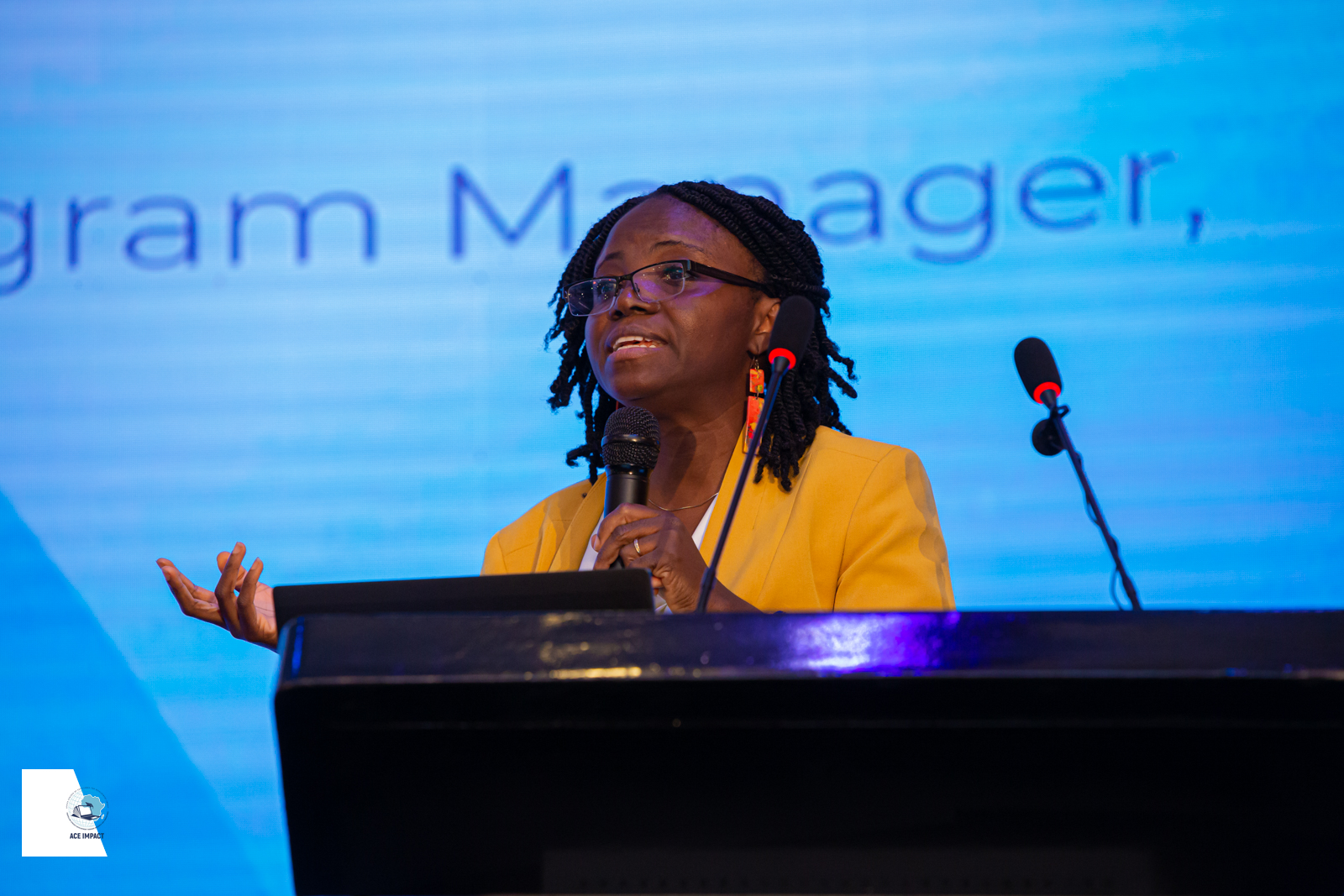Innovations Shaping the Future of Healthcare: Key Insights from the ACE Impact and ACE II Health Centres
Plenary Session V: Panel Discussion on Research and Innovation within the Health Sector
The healthcare industry in Africa is constantly evolving, driven by innovative research, technological advancements, and a relentless pursuit to improve patient outcomes. At the forefront of this evolution is the Africa Centres of Excellence (ACE) Project, which is being implemented to address high-level skills development needs and innovative requirements for Africa’s priority development sectors, including the health sector.
As part of the ACE project’s efforts to strengthen partnerships and collaboration among the Centres of Excellence and between them and other key stakeholders in Africa, Europe and beyond, the project organised its maiden Africa Centres of Excellence International Partnership Workshop, at the Intercontinental Mauritius Resort, Balaclava Fort in Mauritius, from May 8-10, 2024. This event brought together over 400 higher education stakeholders. At the workshop, the health centers of the ACE Project convened a panel discussion to exchange insights and explore research findings and innovations developed since their establishment.
The discussion, moderated by Ms. Muna Meky, the Practice Manager for Eastern & Southern Africa with the Higher Education group Practice of the World Bank, highlighted several remarkable innovations that are reshaping the future of healthcare in Africa.
Prof. Gordon Awandare, the founding leader of the West African Centre for Cell Biology of Infectious and Non-Communicable Diseases (WACBIP) hosted the University of Ghana, highlighted their significant strides in developing vaccines and drugs, including characterizing locally transmitted Dengue infections in Ghana, mapping malaria drug resistance, and identifying new malaria parasite antigens for potential vaccine development. In an environment of emerging diagnostic tools and improved treatment methods, the Centre has developed versatile devices that can be adapted for a wide range of communicable and non-communicable diseases, and a simple test to detect specific mutations associated with hearing impairment. Additionally, the Centre coordinated the largest surveillance study through the West African Network of Infectious Diseases ACEs (WANIDA) in Africa during the COVID-19 pandemic, providing critical support for national pandemic responses.
Another innovation highlighted was the EMOTIVE Intervention developed by the Africa Centre of Excellence in Population Health and Policy (ACEPHAP) hosted by Bayero University in Kano, Nigeria. This initiative, according to Prof. Hadiza Galadanci, the founding Director of the Centre, has significantly reduced postpartum hemorrhage (PPH) mortality rates by 60% in five countries: Nigeria, Kenya, South Africa, Tanzania, and Rwanda. The EMOTIVE approach has since been adopted by the World Health Organization (WHO) as a new guideline for addressing PPH-related issues.
Another area of innovation highlighted was the work of the Centre for Transnational Medicine at the University of Rijeka in Croatia. Prof. Bojan Polic, the Head of the Centre, shared the Centre’s development of cytomegalovirus (CMV) vectors and vaccines, as well as their research on the intersection of the immune and endocrine systems. Notably, the Centre has made recent findings on the role of interferon gamma and hypocytokines in hyperinsulinemia and hyperglycemia, discovering the importance of conditional gene targeting in controlling cellular stress and identifying the impact of viral infections on the immune response.
Prof. Adnan Custovic, the leader of the Pediatric Allergy Group at the Centre for Pediatric and Child Health at Imperial College London shared the findings of a study which focused on asthma. He further highlighted how the risk factors and phenotypes of asthma in Africa have fundamentally transformed, with factors like parasitic infections and allergen exposures playing a key role.
Focusing on traditional medicine, the discussion also highlighted the significant strides made by the Pharma-Biotechnology and Traditional Medicine Centre (PHARMBIOTRAC) hosted by Mbarara University of Science and Technology in Uganda. Prof. Ogwang Patrick Engu, the Centre leader, emphasized the Centre’s efforts in addressing critical public health challenges through their research and training initiatives. The Centre has produced a cadre of skilled professionals equipped with scientific knowledge, who have assumed pivotal roles within governmental institutions. Recognizing the importance of quality control and regulation in the traditional medicine domain, some of the Centre’s graduates are now leading efforts to ensure the safety and efficacy of these products across Africa. One notable success story is the development and validation of a locally produced therapeutic, known as COVIDEX, which not only saved countless lives within Uganda but also garnered regional recognition for its efficacy.
The panel also explored the concept of a Centre of Excellence, emphasizing the importance of vision, direction, and leadership. Dr. Abebaw Fekadu, the Leader of the Centre for Innovative Drug Discovery and Therapeutic Trials for Africa (CDT-Africa), in Addis Ababa University, Ethiopia, defined a Centre of excellence as an energetic concept that can drive impact and motivation within teams, providing clear direction and a world-class environment to drive progress in healthcare.
The Role of Research and Collaboration
The panelists emphasized the significance of collaboration and partnerships in amplifying the impact of the ACE Centres. Dr. Abebaw Fekadu defined the concept of partnership, drawing from the business sector, where each party benefits from the initiatives. He cited one of their successful collaborations, which involved a principled relationship with partners through the Academic Partnership Maturity Model. This model focuses on engaging in long-term partnerships, ensuring that trust is built and developed, and empowering the partners.
Prof. Awandare and Prof. Hadiza also shared the benefits of collaborating within the WANIDA Network, which has enabled them to scale up their achievements and secure funding from prestigious organizations like the Rockefeller Foundation and Wellcome Trust. Prof. Bojan Polic Centre’s collaboration with European institutions also allowed them to secure grants from the European Union to transfer students to Europe for training and support them upon their return to become independent and sustainable.
Challenges and Key Takeaways
While the panel celebrated the remarkable innovations emerging from the Health Centres of the ACE project, the panelists also acknowledged the challenges that need to be addressed. These include the lack of enabling policies, limited funding, poor research infrastructure and equipment, inadequate access to data, and the pervasive problem of corruption.
To address these challenges, the panellists provided a wealth of actionable insights for the Centres’ future endeavors. According to Prof. Christian Happi, the Director of the Africa Centre of Excellence for Genomics of Infectious Diseases at Redeemer’s University, in Nigeria, the Centres should put equity and access at the Centre of science. Prof. Happi, along with Prof. Hadiza Galadanci and Prof. Adnan Custovic, emphasized the importance of engaging policymakers and community groups from the initial research stage. This ensures that the Centres’ work aligns with the needs and priorities of decision-makers and the people it is intended to serve, as well as generates political will to provide an enabling environment for research.
Another key takeaway was the importance of leveraging the existing infrastructure and business startups that have emerged from the Centres’ students. This could help create a thriving research ecosystem where ideas can be translated into products. Prof. Happi also stressed the importance of creating a research ecosystem that could support the entire journey, from ideas to product development. Stressing the importance of togetherness, Prof. Hadiza Galadanci advised the Centres on utilizing grants through transparency, sharing results, and ensuring that their work is visible. This, she believes, will ensure that funders continue to support their efforts and aid in achieving the mission of the Centres of Excellence.
The panel discussion on key research innovations involving ACE Impact and ACE II Health Centres provided a powerful insight into the transformative work being done. By highlighting the advancements in medical technology, preventive care, and community engagement, the panelists painted a compelling picture of the transformative potential of these innovative solutions. The insights gleaned from this panel discussion serve as a valuable roadmap for African and global healthcare leaders and practitioners to navigate the complex and ever-changing landscape of healthcare innovation.

